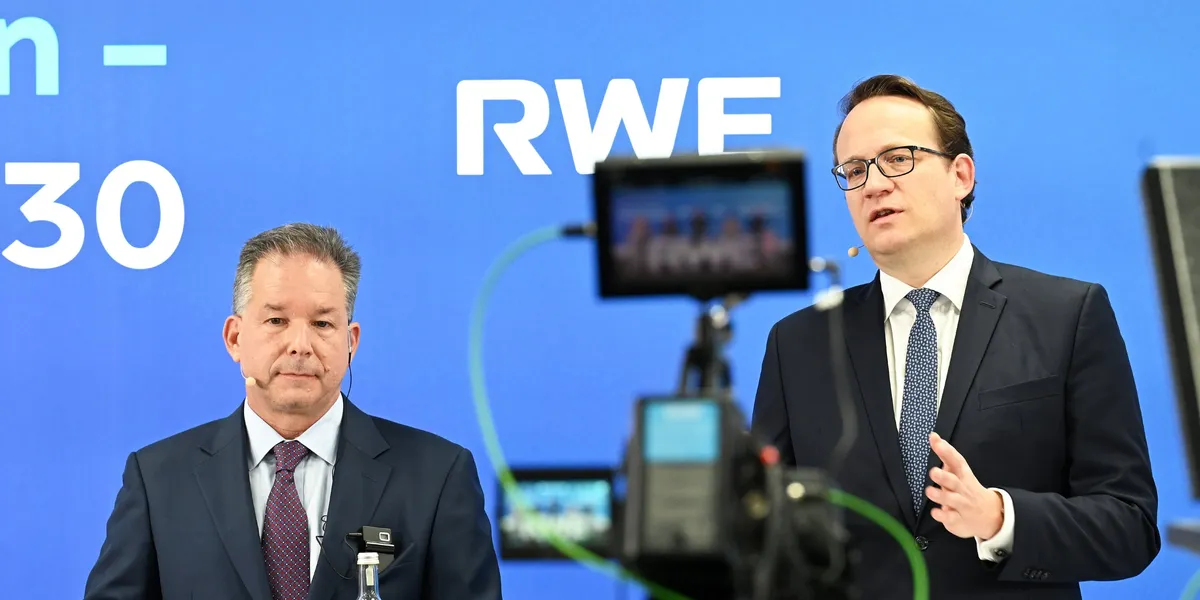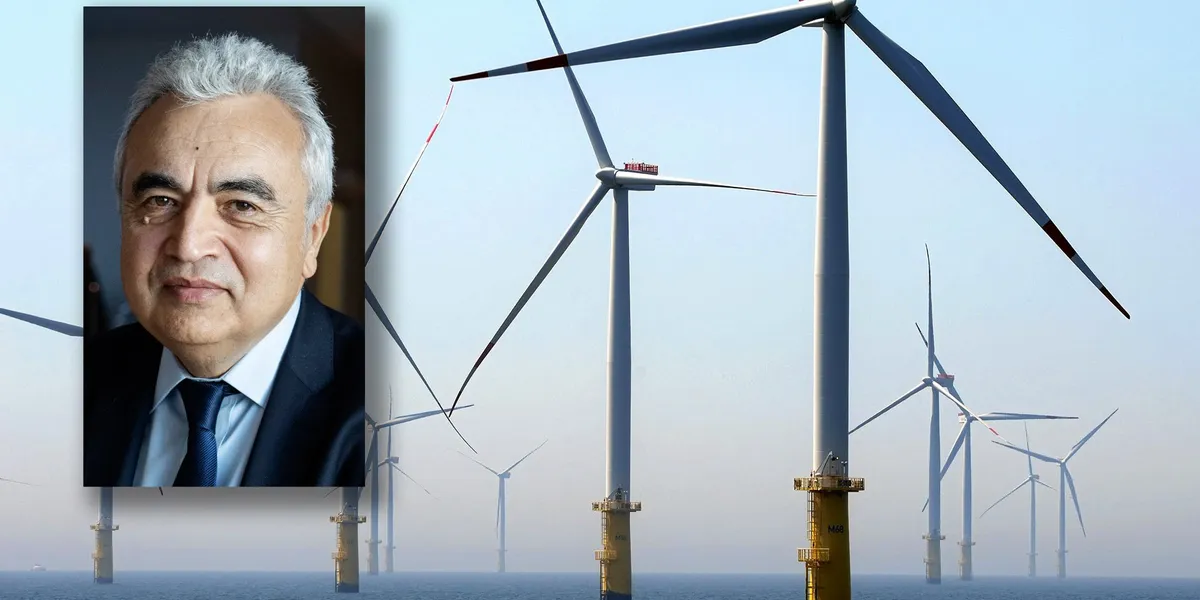
The tenuous but in-place American solar supply chain just got considerably stronger. It’s about time renewable energy advocates got some good news heading into the weekend!
On Friday, T1 Energy and Corning announced a partnership that will establish a fully domestic solar supply chain, including polysilicon, wafers, cells, and panels manufactured in the United States.
T1 will source hyper-pure polysilicon and solar wafers produced by Corning at its Michigan campus as part of the strategic commercial agreement. Starting in the second half of 2026, Corning wafers will be delivered to T1’s G2_Austin solar cell facility, which is currently under development. These cells will then be used to manufacture solar modules at T1’s operational G1_Dallas site.
The deal between T1 and Corning delivers a more stable and predictable supply of domestically sourced solar components at a time when supply chain (and cost) certainty is as important as ever. By connecting American-made polysilicon, wafers, cells, and modules, Corning and T1 believe their vertically integrated model supports long-term planning, regulatory compliance, and energy resilience.
“This landmark supply chain agreement with Corning will help invigorate America with scalable, reliable, low-cost energy,” said Daniel Barcelo, T1’s Chief Executive Officer and Chairman of the Board. “This is American companies building in America and protecting American energy security. The U.S. needs to establish critical energy supply chains built on domestic capacity and industrial know-how. Together with Corning, we intend to accelerate America’s ability to manufacture leading-edge solar solutions, support a total of nearly 6,000 American jobs, and promote American energy independence.”
“Corning is proud to help meet the growing need for solar products made in the United States,” stated AB Ghosh, Corning Vice President and General Manager of Solar and Chairman and CEO of Hemlock Semiconductor. “We’re accelerating the ramp of our advanced manufacturing capabilities to support a resilient U.S. solar supply chain. Our agreement with T1 underscores the strong demand for high-quality, American-made solar technologies. By building foundational infrastructure in Michigan, we’re adding good-paying manufacturing jobs, strengthening the U.S. solar industry, and advancing a more energy-independent future for the country.”
The first fully domestic solar module supply chain came together in March of this year, a combination of efforts between Suniva, Heliene, and Corning. The landmark module contains a solar cell with up to 66% domestic content, the highest percentage on the market, a significant advantage for developers via the IRA’s Investment Tax Credit (ITC) domestic content bonus. Suniva and Heliene teamed up to produce the first domestic content-eligible PV modules available in the U.S. last year.
The solar supply chain established by T1 and Corning, like the first and others following, will give developers some peace of mind by avoiding tricky Foreign Entity of Concern (FEOC) requirements that will endanger tax credit eligibility for some projects. To learn more about FEOC and how stakeholders should be thinking about renewable energy project finance during these uncertain times, check out our recent webinar on the topic.








